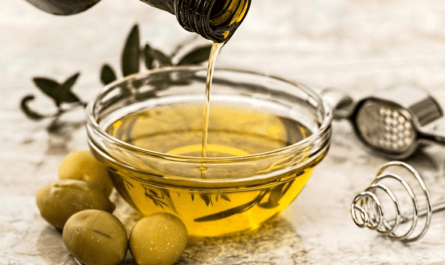Sparkling water has exploded in popularity in recent years as a refreshing, fizzy alternative to sugary sodas and juices. With flavors ranging from classic lemon-lime to exotic fruit blends, it’s easy to see the appeal of these bubbly beverages. But is sparkling water good or bad for you? To answer this question, we need to look at what sparkling water is and examine the scientific evidence. By the end, you’ll have a clear understanding of whether you should embrace the fizz or stick to flat water.
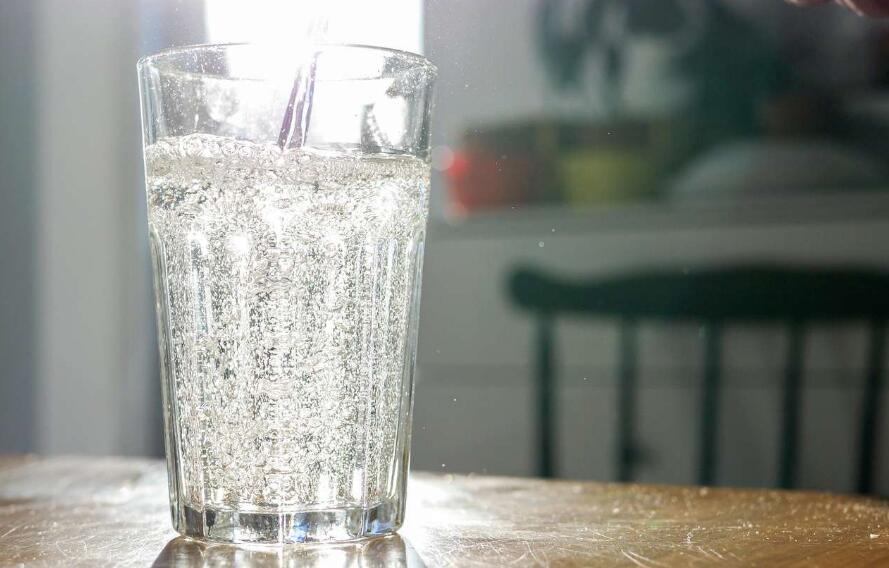
What is Sparkling Water?
At its most basic, sparkling water is just regular drinking water. It has been infused with carbon dioxide gas under pressure, giving it those signature bubbles. The carbonation process can happen naturally at certain mineral springs, or it can be produced artificially.
There are several different types of carbonated water:
Seltzer Water: This is simply water combined with carbon dioxide, with no other additives. Many popular seltzer brands like LaCroix and Bubly are in this category.
Club Soda: In addition to carbonation, club soda contains small amounts of added minerals like potassium bicarbonate or sodium bicarbonate. This gives it a slightly saltier taste.
Sparkling Mineral Water: Waters like Perrier, San Pellegrino, and Gerolsteiner are naturally carbonated from an underground mineral spring. They contain varying levels of minerals like calcium, magnesium, and sodium.
Tonic Water: This carbonated beverage contains quinine and added sugar or high-fructose corn syrup, giving it a distinctly bitter-sweet flavor. It’s often used as a mixer for alcoholic drinks like gin and vodka.
As you can see, not all sparkling waters are created equal when it comes to ingredients. Plain seltzers are essentially just carbonated H2O, while tonic waters veer into soda territory with their added sugars.
The Potential Health Benefits of Sparkling Water
Now that we know what’s in sparkling water, let’s look at the potential upsides of drinking it:
1. It Promotes Hydration
First and foremost, sparkling water is water! And proper hydration is crucial for virtually every aspect of your health. Drinking enough fluids aids digestion, cognition, physical performance, and more.
If you struggle to drink enough plain water each day, the light fizz of sparkling water can make it much more enjoyable and easier to meet your hydration goals.
2. It’s Calorie and Sugar-Free
Unlike sodas, juices, and other sugary beverages, plain sparkling waters contain zero calories, sugars, or artificial sweeteners.
This makes them an ideal beverage for those watching their weight or trying to cut back on empty liquid calories. Swapping out just one sugary drink per day for sparkling water can lead to serious calorie savings over time.
3. It May Promote Feelings of Fullness
Have you ever noticed feeling a little more satiated after drinking a sparkling beverage compared to still water? Some research suggests that carbonation in sparkling waters may help promote feelings of fullness.
The bubbly sensation could potentially trigger greater satiety signals in the body. So sipping on sparkling water during or before a meal might help you eat less and consume fewer calories overall.
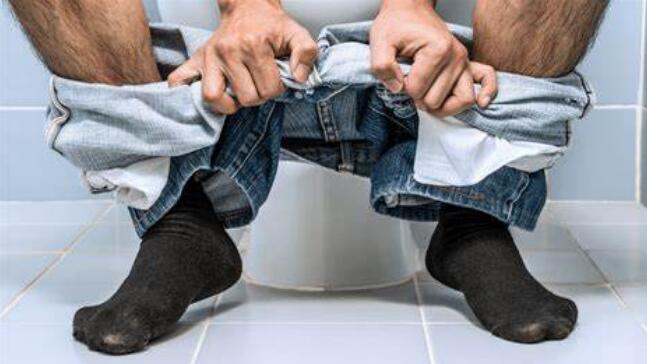
4. It Could Relieve Constipation
Struggling with constipation is no fun, but sparkling water may offer some relief. The carbonation and minerals in certain sparkling waters could help get things moving again in your digestive tract.
A small study found that drinking a carbonated beverage high in bicarbonate helped relieve constipation. The bubbles and minerals may have a mild laxative effect.
5. It’s a Healthier Soda Replacement
Let’s be real – sometimes you just crave something fizzy and flavorful. Instead of reaching for a sugary soda that will spike your blood sugar and pack on empty calories, grab a sparkling water!
The light, refreshing bubbles can scratch that very same itch without any of the unhealthy baggage. You’ll get that satisfying carbonation and flavor without the high fructose corn syrup, artificial colors, or other junk.
6. It May Boost Your Nutrient Intake
While plain seltzers are just carbonated water. Some sparkling mineral waters like Perrier and San Pellegrino contain a range of natural minerals like calcium, magnesium, potassium, and bicarbonate.
Research suggests that the carbonation in these waters may enhance nutrient absorption compared to flat water. So sipping on sparkling mineral water could be an easy way to give your intake of bone-building minerals.
7. It’s a Hangover Helper
We’ve all been there – waking up after one too many drinks feeling dehydrated, sluggish, and just plain blah. When you’re battling a hangover, sparkling water could be your best friend.
The carbonation can help settle the stomach, replacing lost fluids and electrolytes. And unlike sugary sports drinks, plain sparkling waters won’t aggravate queasiness or that pounding headache.
Sip it slowly and you may find yourself feeling refreshed and rejuvenated more quickly. Just be sure to hydrate with still water too, since the bubbles can sometimes give a false sense of being hydrated.
8. It’s Better for Your Teeth Than Soda
While excessive sparkling water can potentially soften enamel, it’s still much better for your pearly whites than sugary sodas and juices.
The acids, dyes, and sugar content in regular sodas are like battery acid for your teeth, promoting decay, discoloration, and erosion. Sparkling waters have no sugar, dyes, or acids from additives. This makes them a much more tooth-friendly option when you need a fizzy fix.
9. It’s a Tasty Way to Shake Up Your Hydration
Let’s face it – plain water can get boring day after day. Sparkling waters offer a fun, flavorful way to mix up your hydration routine and make drinking water more exciting.
From fruity seltzers to earthy mineral waters, there’s a bubbly beverage out there for every palate. Variety is key to sticking with any healthy habit. So having sparkling water in your rotation can help ensure you stay hydrated for the long haul.
10. It’s Inexpensive and Eco-Friendly
Compared to pricey boutique waters and sugary sodas, sparkling waters are an affordable way to treat yourself. You can find many tasty options for just $1 or less per bottle or can.
And if you opt for sparkling water in aluminum cans rather than plastic bottles, you’ll be doing the environment a favor too. Aluminum is infinitely recyclable, while plastic bottles create lasting waste.
11. It May Improve Cognitive Function
In a surprising finding, some research has hinted that drinking sparkling water could give your brain a boost compared to still water. One study found that students who drank carbonated water before taking a test had improved memory. More research is still needed, but it’s an intriguing potential perk!
12. It’s a Refreshing Way to Stay Caffeinated
If you love caffeinated beverages like coffee and tea but want to cut back on your intake, sparkling waters can offer a fun alternative.
Many brands now make lightly carbonated caffeinated waters. It delivers a gentle energy boost without the acidity of coffee or the sugar overload of most energy drinks. With fun fruit flavors, they make a tasty mid-afternoon treat.
13. It May Ease Symptoms of Certain Conditions
Sparkling water could potentially help relieve symptoms of certain medical conditions. This includes indigestion, heart disease, and even rheumatoid arthritis.
The minerals, carbonation, and hydrating effects of bubbly waters may play a role in easing discomfort for some people.
14. It’s a Fun Way to Get Kids Hydrated
Let’s be honest – getting kids to drink enough water can be an uphill battle some days. But you may find they’re much more eager to hydrate when you make it a fizzy adventure!
Letting them pick out fun fruit-flavored seltzers or watching the bubbles dance in a glass of sparkling water can turn a boring beverage into an exciting experience for little ones. It’s a simple trick to ensure they’re getting the fluids they need.
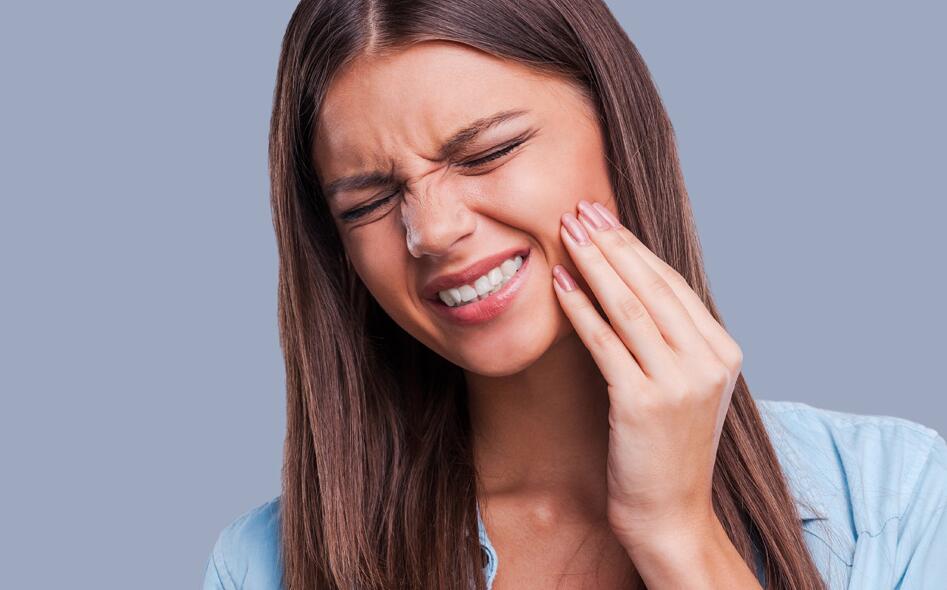
The Potential Downsides of Sparkling Water
However, sparkling water isn’t perfect, and there are some potential drawbacks to consider:
1. Tooth Enamel Erosion
One of the biggest concerns with sparkling water is its potential to erode tooth enamel over time. While plain, unflavored seltzers pose a relatively low risk. Many flavored varieties contain acidic additives like citric acid that can soften and wear away enamel.
A study published in the Journal of the American Dental Association found that flavored sparkling waters were around 100-200 times more erosive to enamel than plain mineral water. The more acidic the beverage, the greater the risk of enamel damage with frequent consumption.
To minimize this risk, dentists recommend rinsing your mouth with plain water after drinking flavored sparkling waters. You should also avoid swishing or holding the beverage in your mouth before swallowing.
2. Bloating and Gas
The bubbles that give sparkling water its signature fizz are carbon dioxide gas that can get trapped in your digestive system. For some people, this can lead to uncomfortable bloating, burping, and excess gas.
Those with existing gastrointestinal issues like irritable bowel syndrome (IBS) may be especially prone to these side effects from the carbonation. If you experience persistent bloating or gas after drinking sparkling waters, it may be best to stick to non-carbonated beverages.
3. Potential Bone Health Concerns
An unfounded myth claims that the carbonation in sparkling water can leach calcium from bones and increase the risk of osteoporosis. However, multiple large studies have firmly debunked this claim.
That said, some sparkling mineral waters do contain higher levels of minerals like sodium. This could potentially be an issue for those on low-sodium diets for conditions like heart disease. Checking nutrition labels is important if you need to limit your sodium intake.
4. Risk of Overeating
While the research is still limited, some studies suggest that the carbonation in sparkling water may trigger feelings of fullness and satiety compared to flat water. While this could potentially be a helpful weight management tool, it may also lead some people to overeat.
If the bubbly sensation makes you feel fuller than you are, you may consume more calories than your body needs.
5. Addiction Concerns
For those recovering from alcoholism or struggling with alcohol addiction, the fizzy, beer-like experience of drinking sparkling water could potentially trigger cravings.
While more research is still needed in this area, some experts caution that the sensory experience of drinking bubbly beverages may not be ideal for everyone in addiction recovery.
6. Plastic Bottle Concerns
If you opt for bottled sparkling waters, there’s also the potential issue of chemicals like BPA leaching from the plastic into the beverage. This occurs especially if the bottles are exposed to heat or sunlight.
To avoid this, choose sparkling waters packaged in glass bottles or aluminum cans whenever possible. You can also look for BPA-free plastic bottles as an alternative.
As you can see, the main downsides come from drinking excessive amounts of sparkling water with added ingredients like sweeteners, flavors, acids, and sodium. But in moderation, plain carbonated waters appear to be relatively harmless for most people.
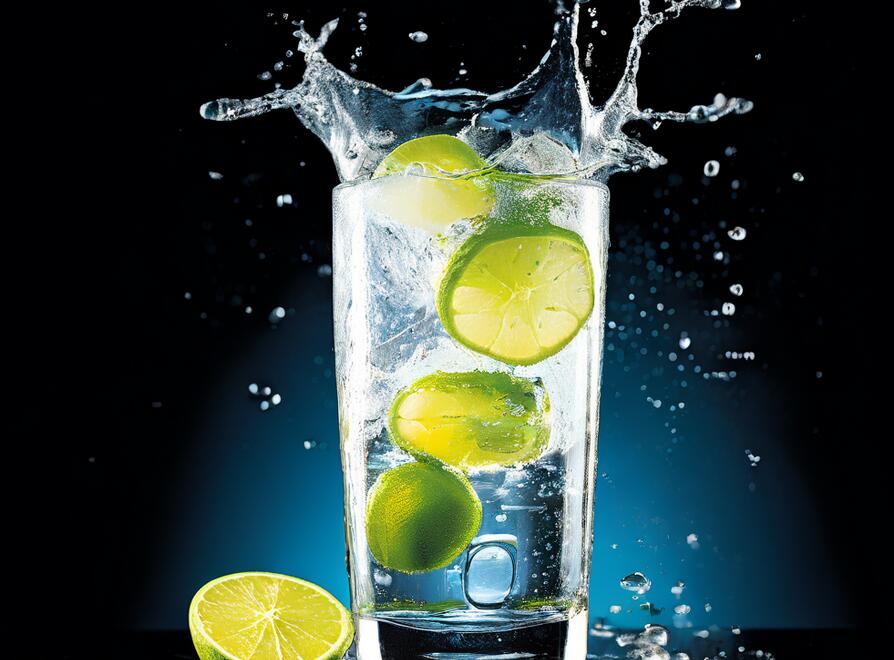
How Much Sparkling Water is Too Much?
So how much sparkling water is too much? Unfortunately, there’s no one-size-fits-all answer, as ideal intake levels can vary based on:
- Your sensitivity to carbonation and bloating
- Your risk for tooth enamel erosion from acidic foods/drinks
- Whether you’re drinking plain or flavored varieties
- Your overall diet and health goals
- Any gastrointestinal issues you may have
- Your risk for dental staining
As a general guideline, many experts recommend limiting carbonated beverage intake to 1-2 servings per day at most to minimize potential risks. But if you have a history of gastrointestinal disorders or are prone to dental issues, you may need to be more conservative.
It’s also important to pay attention to your body’s signals. If you experience excessive bloating, burping, or tooth sensitivity, it may be a sign to cut back.
How to Choose a Sparkling Water?
When choosing a sparkling water, look for options that are:
- Sugar-free
- Calorie-free
- Free of artificial sweeteners
- Low in sodium
- Unsweetened and unflavored
- Packaged in glass, aluminum, or BPA-free containers
And be sure to drink plenty of plain, flat water too. While sparkling water can be a healthy option, it shouldn’t completely replace still water in your diet. Aim for a mix of both carbonated and non-carbonated fluids.
The Bottom Line
So is sparkling water good or bad for you? Based on the available evidence, the answer is: it depends on your unique situation and consumption habits.
Plain, unsweetened carbonated waters like seltzers are generally a perfectly healthy choice. They’re a great alternative to sugary sodas and juices. However, you’ll want to avoid or limit sparkling waters with added sugars, artificial sweeteners, acids, and sodium. These ingredients can potentially damage teeth, and cause gastrointestinal issues.
Like many things in nutrition, moderation is key when it comes to sparkling water consumption. Drinking it in reasonable amounts as an occasional substitute for sugary beverages can be a smart choice. However, overdoing it or relying solely on fizzy waters can potentially lead to issues.



